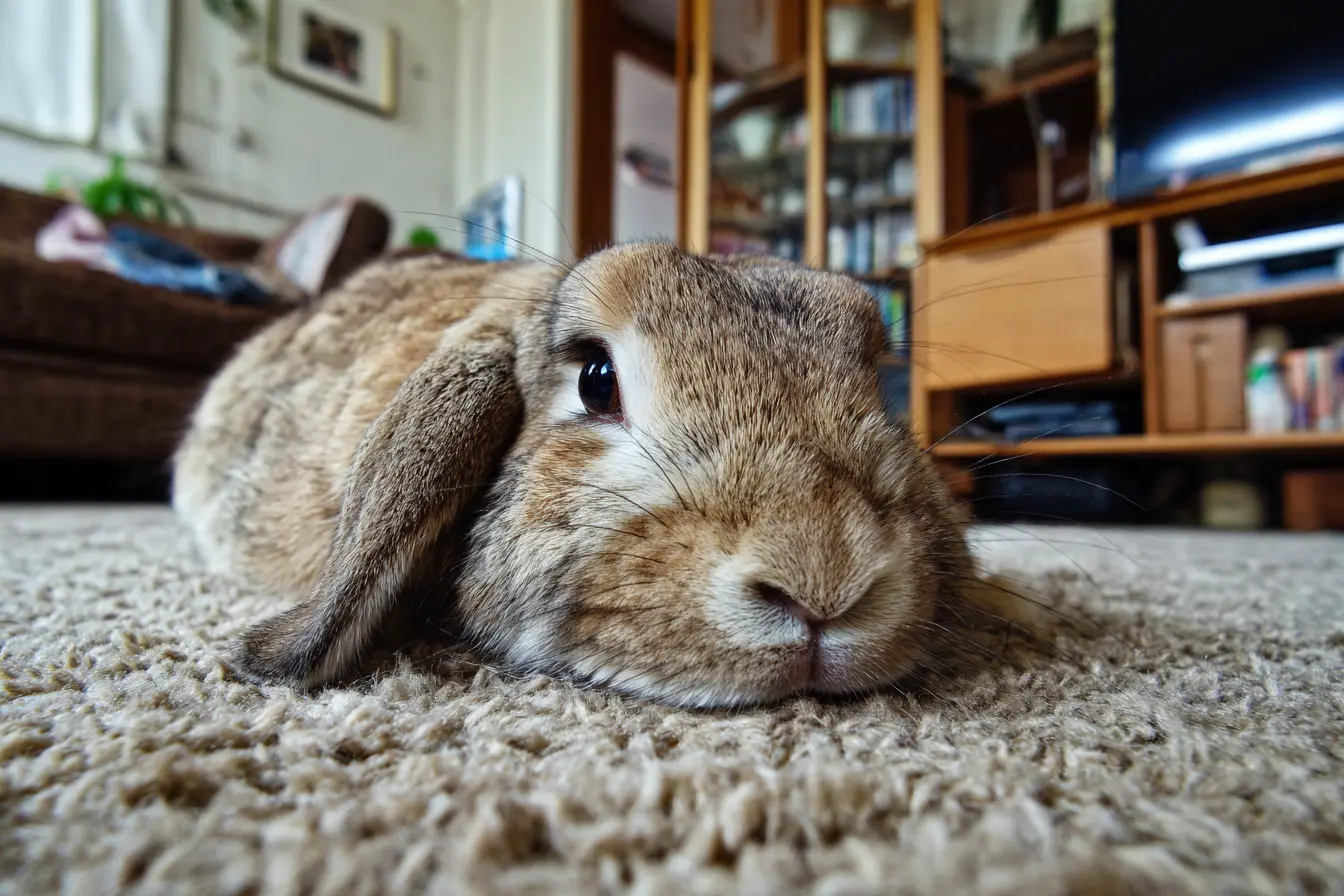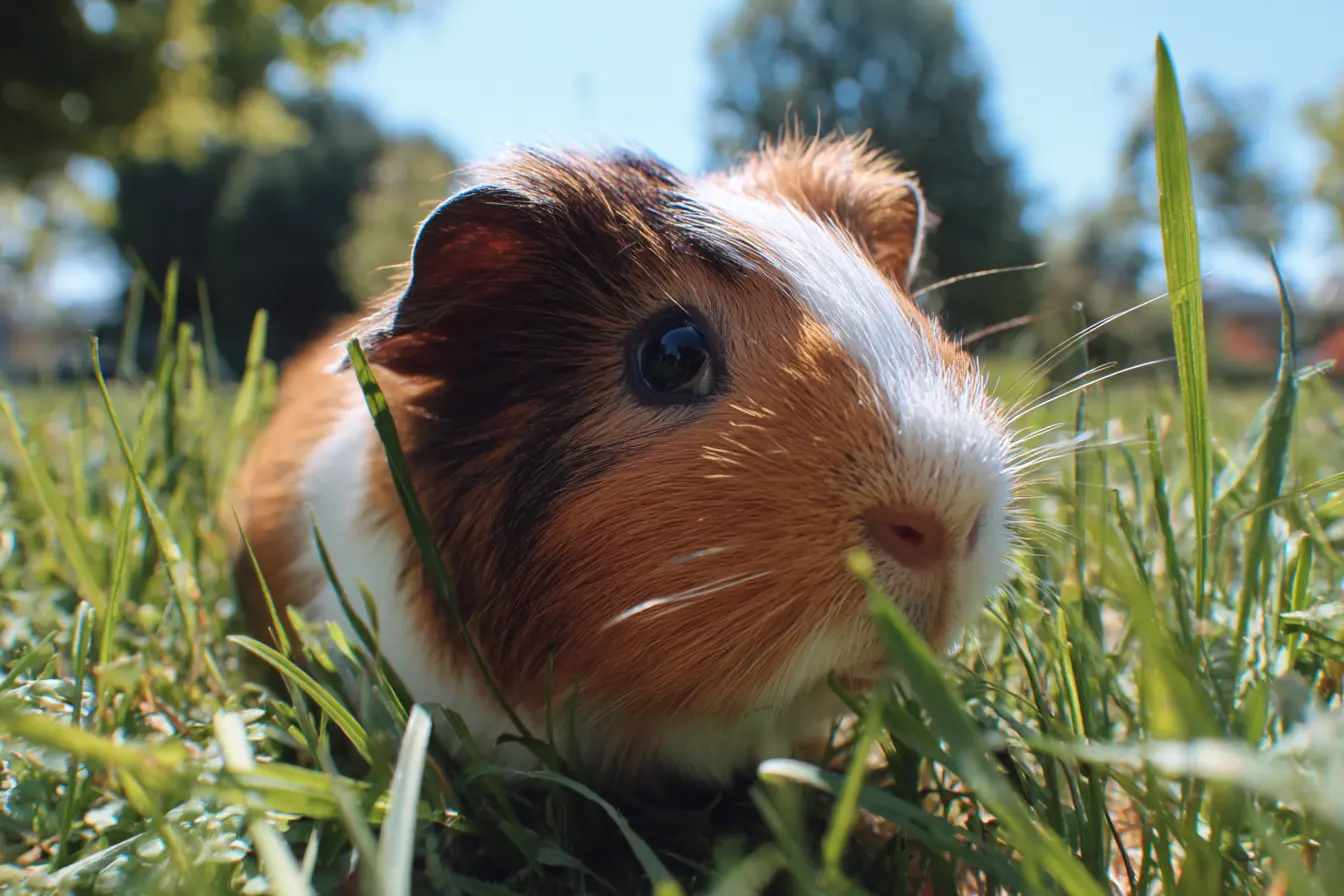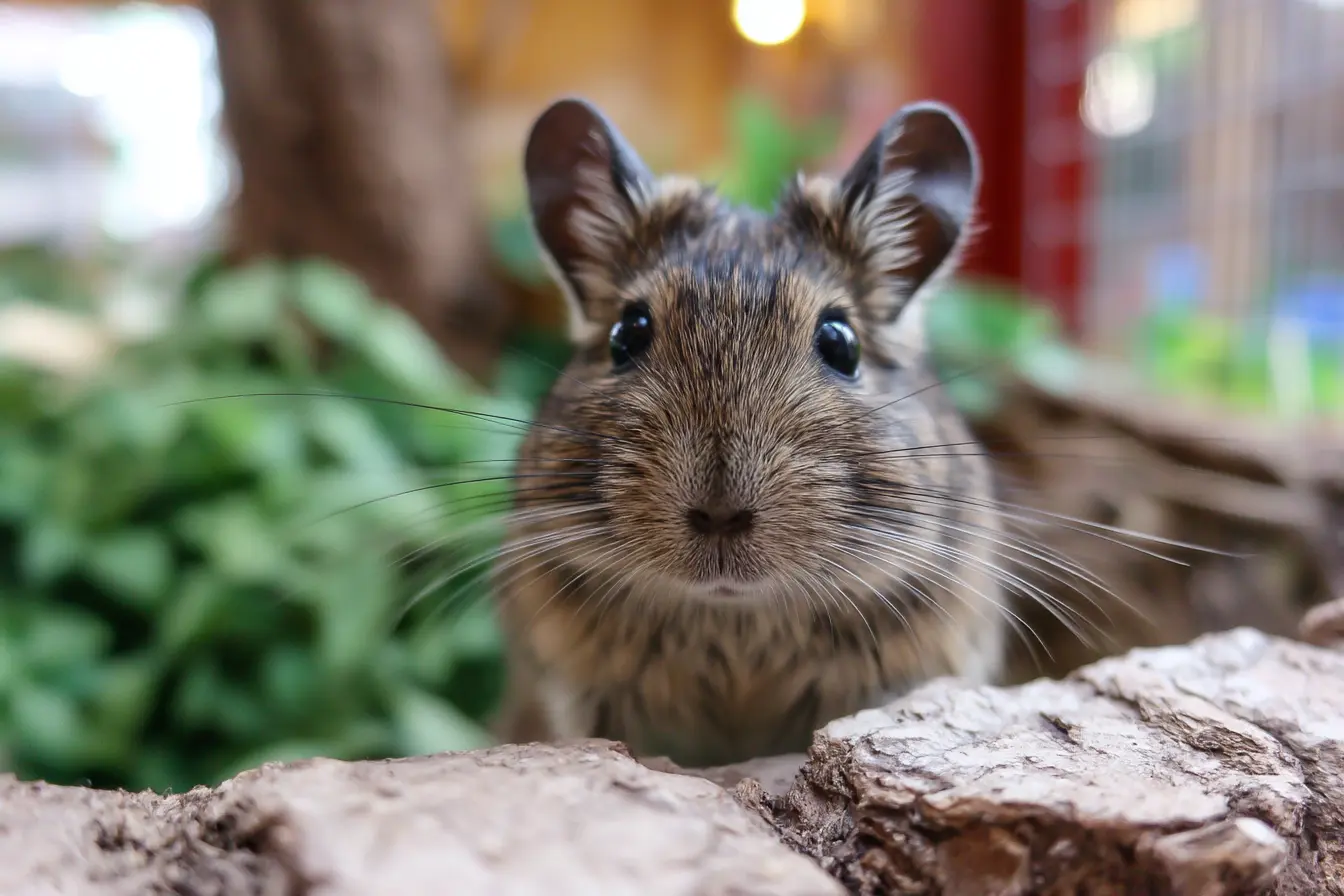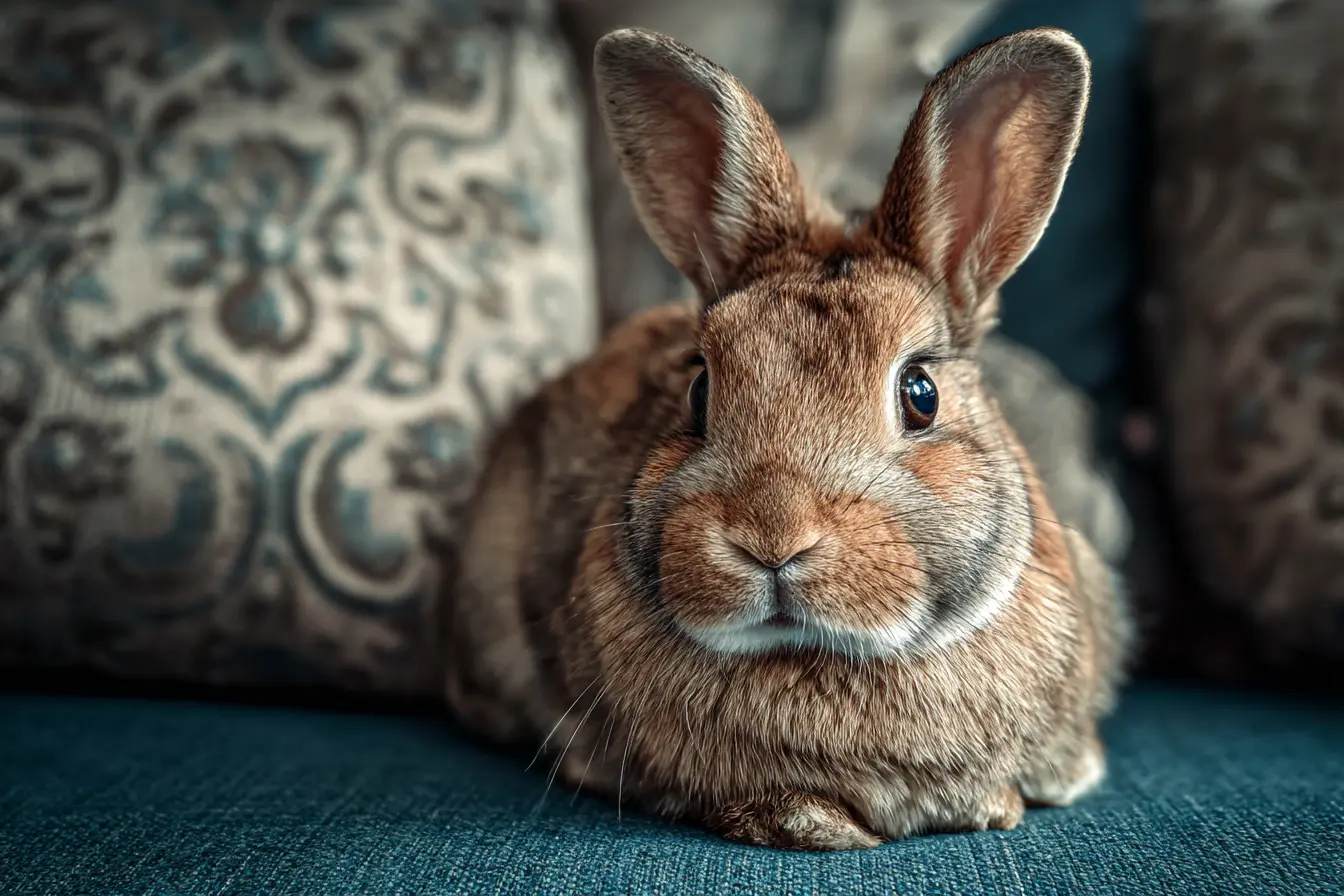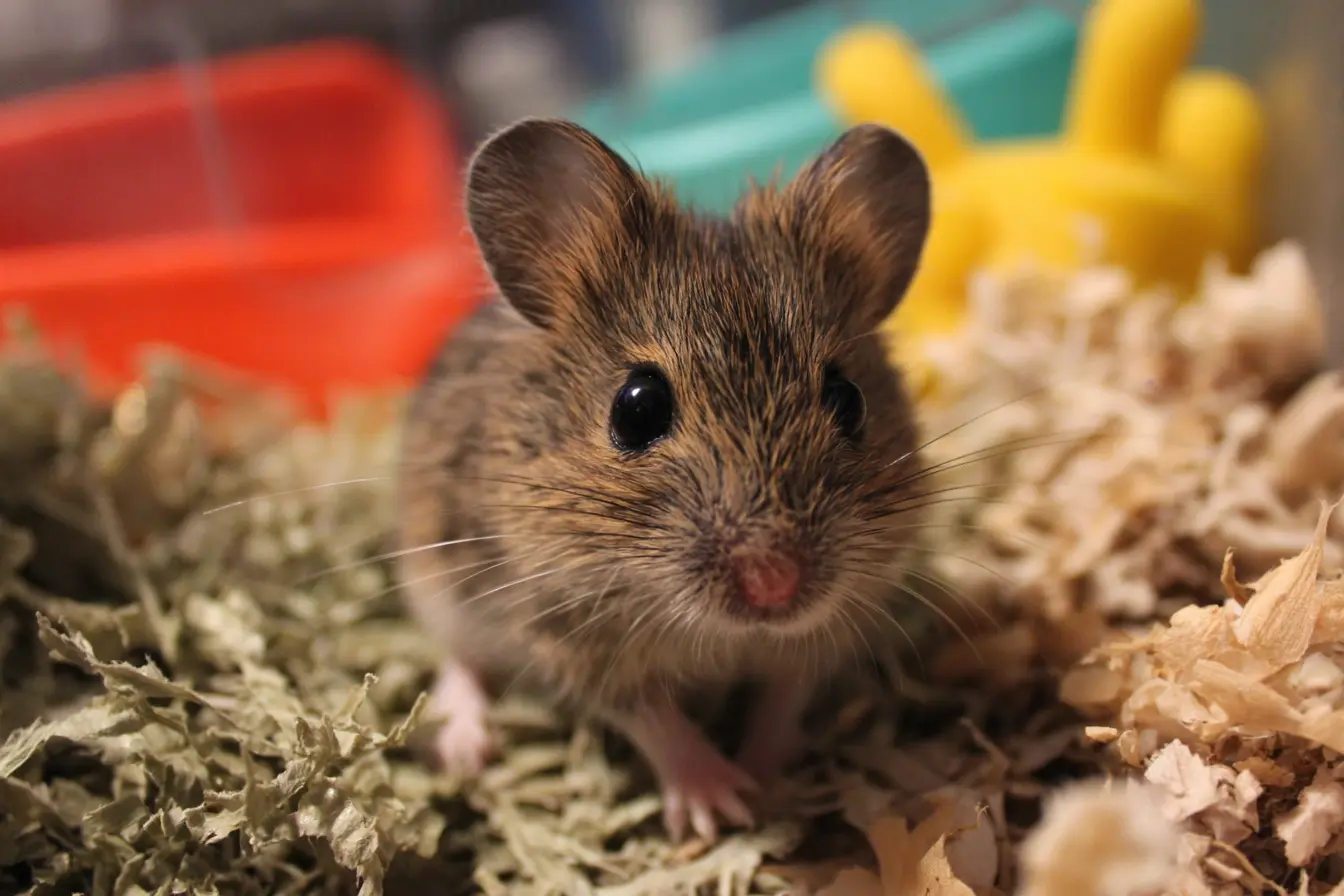
A Complete Guide to Keeping Mice
Mice are intelligent, inquisitive, and surprisingly affectionate pets that are often overlooked in favour of larger animals. However, they offer a rewarding pet experience, especially for those who enjoy observing and interacting with small creatures. Whether you're considering pet mice for yourself or your family, this guide covers all the essentials — from housing and diet to handling and enrichment.
Why Keep Mice?
Pet mice (Mus musculus) are small, social, and full of personality. They are ideal for people with limited space or those who enjoy watching their pets' natural behaviours. Mice are particularly suitable for older children and adults who understand how to handle them gently and responsibly.
Lifespan and Commitment
Mice typically live for 1.5 to 2.5 years. Although their lifespan is relatively short, they still require daily care and interaction. Owning mice is a commitment to their welfare, enrichment, and cleanliness.
Social Needs
Mice are social animals and should never be kept alone. Female mice thrive in same-sex groups or trios, while male mice are best kept alone unless they are neutered, as they tend to fight. Never mix males and females unless you are experienced and prepared for breeding, which is not recommended for beginners.
Choosing a Mouse Species
Most pet mice available in the UK are domesticated fancy mice, selectively bred for pets, exhibitions, or laboratory use. However, not all mice are the same — and it’s important to choose the right species or variety for your experience level and household.
Common Types of Pet Mice
Fancy Mice (Mus musculus)
These are the most popular pet mice. Bred for colour, coat type, and temperament, they are sociable, curious, and relatively easy to tame. Fancy mice come in many varieties, including long-haired, satin, and marked types.
Hairless Mice
These mice have no fur and need more specialised care due to their sensitivity to temperature and skin conditions. They are best suited to experienced owners.
Wild-Type Mice
Sometimes called agouti mice, these resemble wild mice in appearance but are bred in captivity. They can be more nervous and harder to tame but are still manageable with patience.
Spiny Mice (Acomys spp.)
Less common but increasingly popular, these desert-dwelling mice have spiky fur and longer lifespans (up to 5 years). They require different care, including higher temperatures and a more protein-rich diet.
When choosing a species, consider your ability to provide the right environment, social needs, and handling tolerance. Always choose animals from reputable breeders or rescues that prioritise health and welfare.
Housing and Environment
A good-quality cage is essential for your mice’s wellbeing. It must be spacious, secure, and escape-proof — mice are expert climbers and chewers.
Housing Guidelines:
- Minimum size: 80 cm x 50 cm x 50 cm for a group of three females
- Type: Glass tank with a secure mesh lid or a wire cage with a deep plastic base
- Ventilation: Ensure plenty of airflow to prevent respiratory issues
- Substrate: Paper-based bedding, shredded paper, or aspen (avoid pine or cedar)
- Nesting material: Soft, unscented paper or tissue
- Hideouts: Provide multiple shelters to reduce stress
- Levels and tunnels: Mice love to explore and climb
Clean the cage weekly and spot-clean daily to remove soiled bedding and uneaten food.
Temperature and Lighting
Keep the enclosure in a quiet room, away from direct sunlight and draughts. The ideal temperature range is 18°C to 24°C. Avoid humid or damp conditions. Mice do well with natural lighting, but avoid placing the cage in noisy or high-traffic areas.
Diet and Nutrition
A balanced diet is key to healthy, active mice.
What to Feed:
- Base diet: A quality commercial mouse mix or pellet food
- Fresh vegetables: Carrot, broccoli, kale, and cucumber in small amounts
- Protein: Occasional mealworms, boiled egg, or cooked chicken
- Treats: Small seeds, oats, or whole grains — in moderation
Always provide fresh water in a sipper bottle or small ceramic dish, and check it daily.
Avoid sugary foods, junk food, chocolate, and processed human snacks.
Handling and Bonding
Mice are small and fast, but with patience, they can become very tame and even enjoy interaction.
Tips for Handling:
- Begin by placing your hand in the cage so they get used to your scent
- Let them climb on you voluntarily before attempting to lift them
- Scoop gently from underneath using both hands — never grab from above
- Handle over a soft surface in case they jump or fall
Speak softly and move slowly. Regular handling builds trust over time.
Enrichment and Toys
Mental stimulation is vital. A bored mouse is often a destructive or depressed mouse.
Enrichment Ideas:
- Cardboard tunnels and boxes
- Wooden toys and chew blocks
- Climbing branches and rope bridges
- Exercise wheels (solid surface, minimum 20 cm diameter)
- Foraging puzzles and hidden treats
Change and rotate toys regularly to keep their environment stimulating.
Health and Common Problems
Mice are generally hardy but can develop health issues if not properly cared for.
Watch for:
- Respiratory issues: Wheezing, clicking sounds, or nasal discharge
- Tumours: Common in older females
- Parasites: Mites or lice may cause scratching and hair loss
- Overgrown teeth: Provide chew toys to keep teeth in check
If you notice sudden weight loss, lethargy, or unusual behaviour, consult a vet — ideally one experienced with small mammals.
Legal and Ethical Considerations (UK)
Mice are legal to keep as pets in the UK and are widely available from pet shops, breeders, and rescues. Always source your mice from ethical, reputable places where animals are kept in good conditions.
Avoid wild mice or catching stray rodents, as they may carry disease or be unsuitable for captivity.
Is a Mouse Right for You?
Pet mice can be a joy to keep, especially for those who appreciate small animals and enjoy creating enriching environments. They’re best suited to:
- People who enjoy observing behaviour as much as handling
- Households with limited space
- Older children under adult supervision
- Adults looking for low-maintenance but rewarding pets
They may not be ideal for very young children or those seeking a cuddly companion.
Final Thoughts
Mice are fascinating, entertaining, and endearing pets when properly cared for. With the right housing, diet, social set-up, and enrichment, they will thrive and bring plenty of personality into your home. Though small in size, mice offer big rewards to those who take the time to understand their needs.
Whether you’re a first-time owner or simply looking to improve your current setup, taking care of mice is a fulfilling and enjoyable journey.
Contents
Tags
Vets near you
Speciality vets
- Aquatics vet specialists
- Birds vet specialists
- Camelids vet specialists
- Cats vet specialists
- Cattle vet specialists
- Deer vet specialists
- Dogs vet specialists
- Equines vet specialists
- Exotic vet specialists
- Goats vet specialists
- Pigs vet specialists
- Poultry vet specialists
- Sheep vet specialists
- Small Mammals vet specialists
- Wild vet specialists
Vet facilities
- Accessible by public transport
- Blood testing
- Car park nearby
- Client car park
- Dentistry
- Diagnostic imaging
- Disabled public access
- Flea and worm treatments
- Microchipping
- Mobile services
- Neutering
- Open at weekends
- Out-of-hours service
- Referral interests
- Referrals only
- Street parking outside
- Toilets available
- Vaccination clinic
